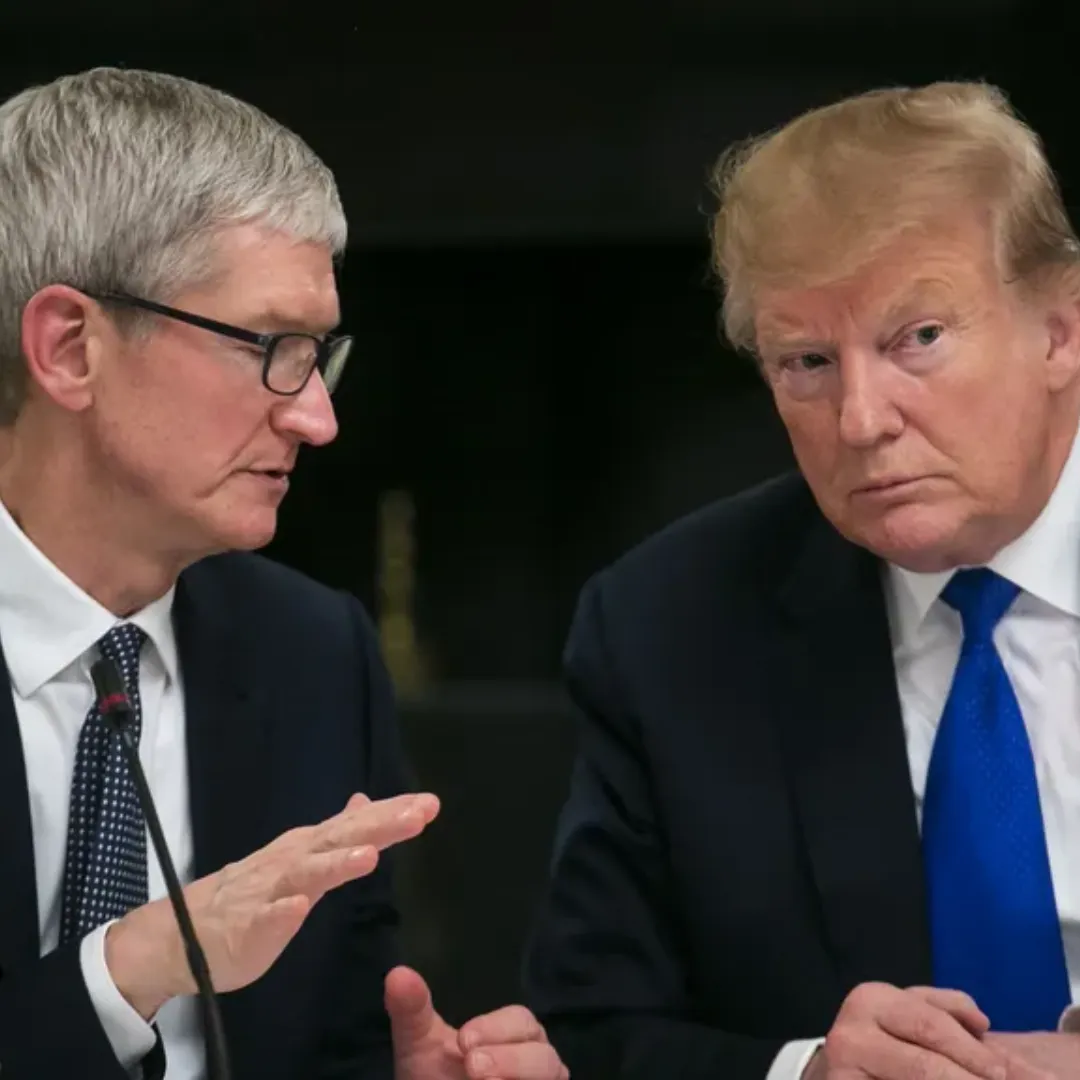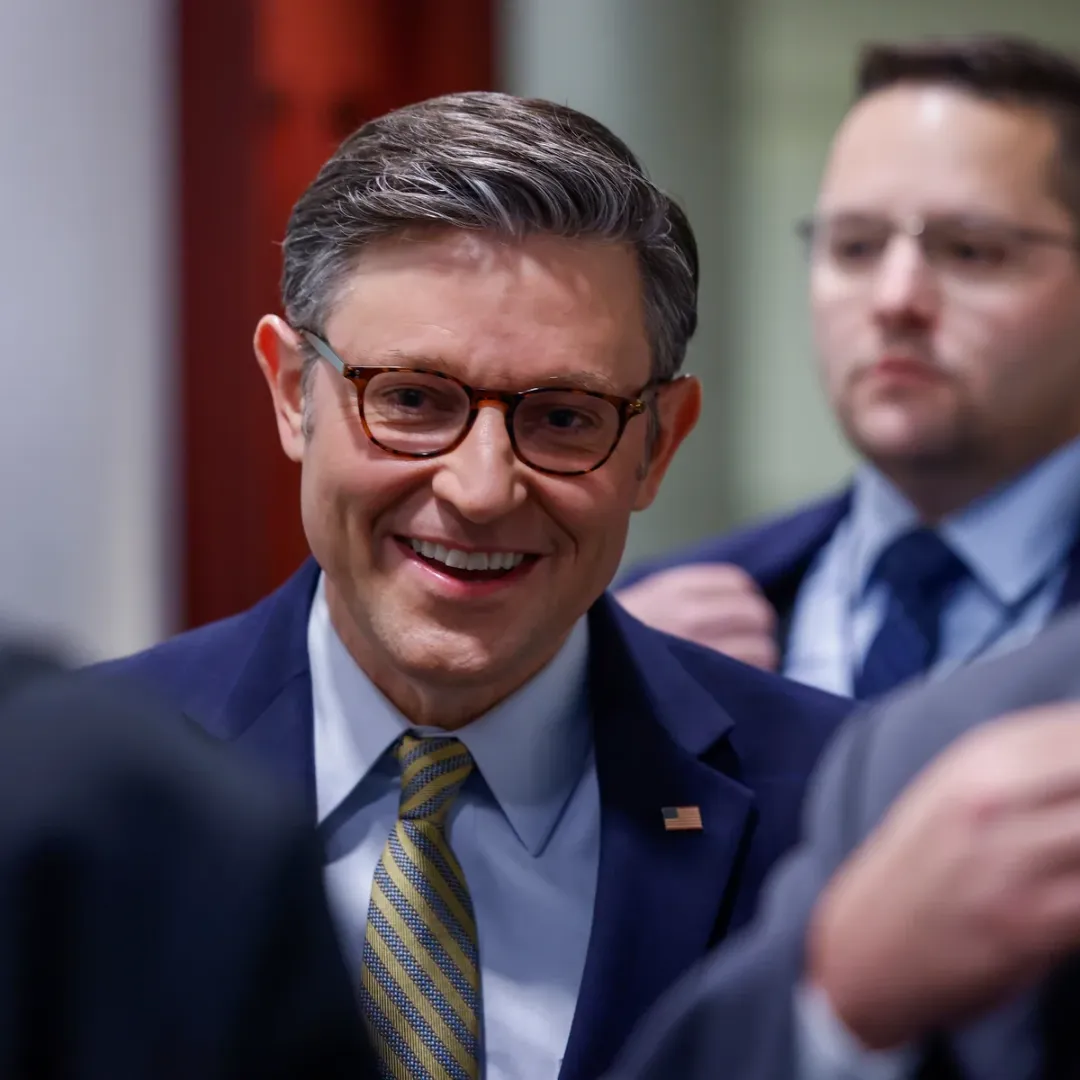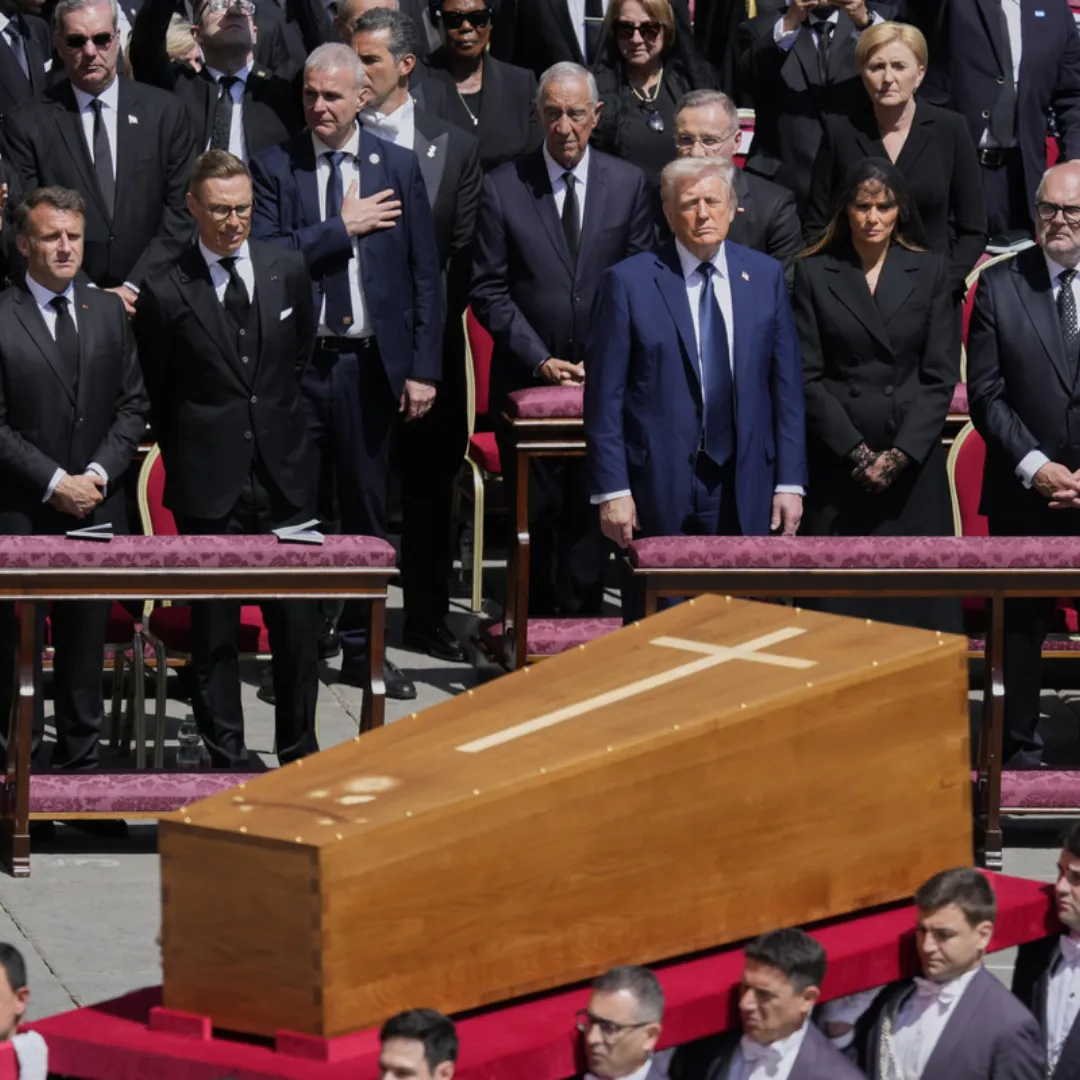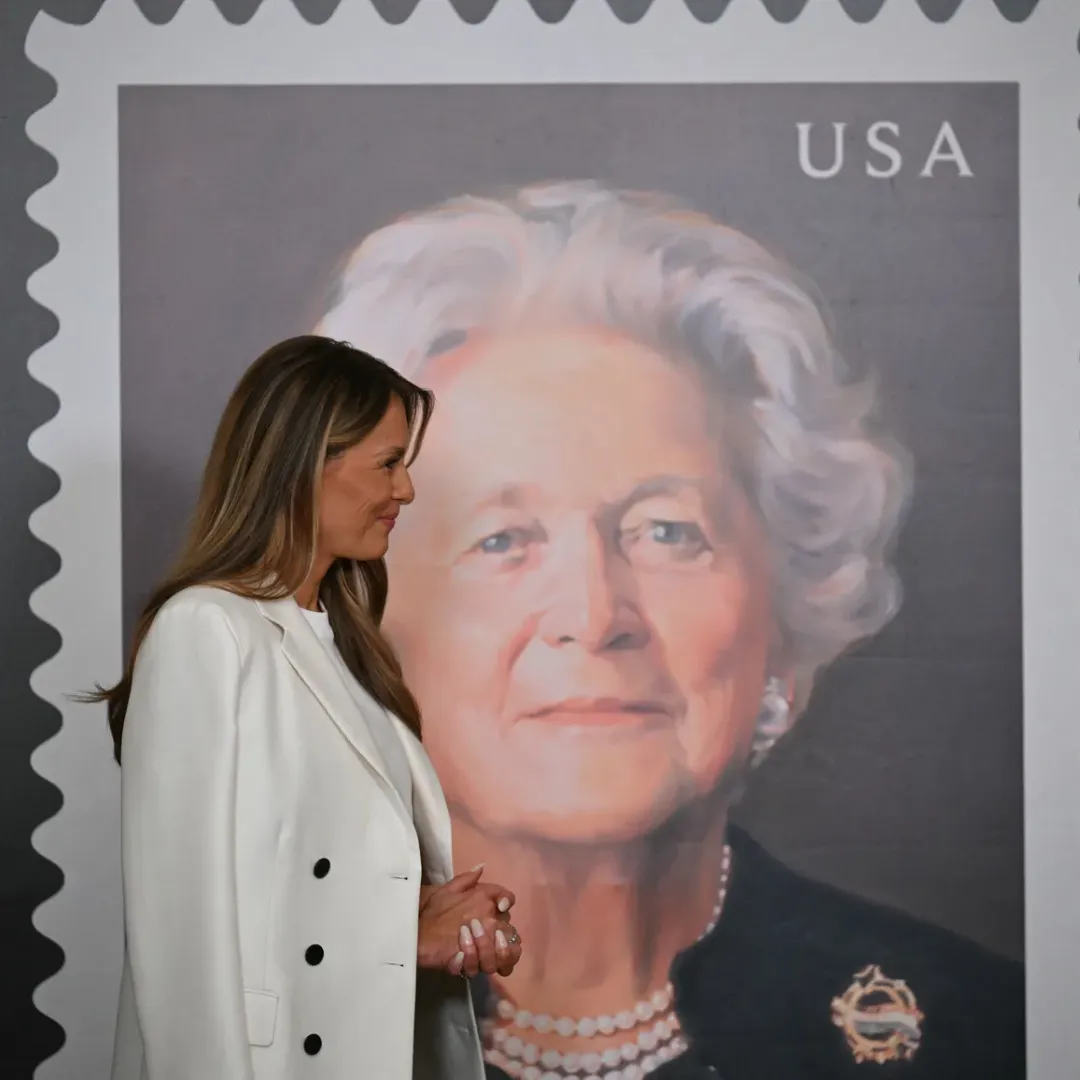
Federal Communications Commission Chairman Brendan Carr defended the agency’s ongoing investigation into CBS’s “60 Minutes” program during a conversation at the Milken Institute’s Global Conference in Los Angeles on Monday, asserting that the action should not be viewed as a threat to the broadcaster but rather as a penalty permitted under existing law.
Speaking with CNBC’s Sara Eisen, Carr said the inquiry into the October episode of “60 Minutes,” which featured an interview with then Vice President Kamala Harris, falls within the bounds of the Communications Act and revolves around allegations of news distortion, a violation that can trigger federal scrutiny of a broadcaster’s license.
Carr framed the investigation as a response to the erosion of public trust in national media outlets, stating that the FCC’s attention is not aimed at local stations, which are directly licensed by the agency, but rather at major national networks that he claims exert excessive control over local programming decisions.
He said, “What we’ve seen is you’ve got national news media — ABC, NBC, CBS — and they’re exercising more and more control over those local TV stations. I don’t think that’s a good thing for the country, so we’re trying to reverse that.”
Carr’s remarks come amid months of pointed criticism from the Trump administration directed at what it calls biased or distorted coverage from traditional media outlets, particularly those affiliated with the nation’s major broadcast networks.
The “60 Minutes” investigation is just one piece of a broader campaign targeting the media landscape, a campaign that has featured repeated calls from President Donald Trump to revoke licenses or impose penalties on networks he believes have been unfair in their coverage.
Since his return to the Oval Office, Trump has resumed his public feud with several major news organizations, often accusing them of misinforming the public and threatening democratic discourse.
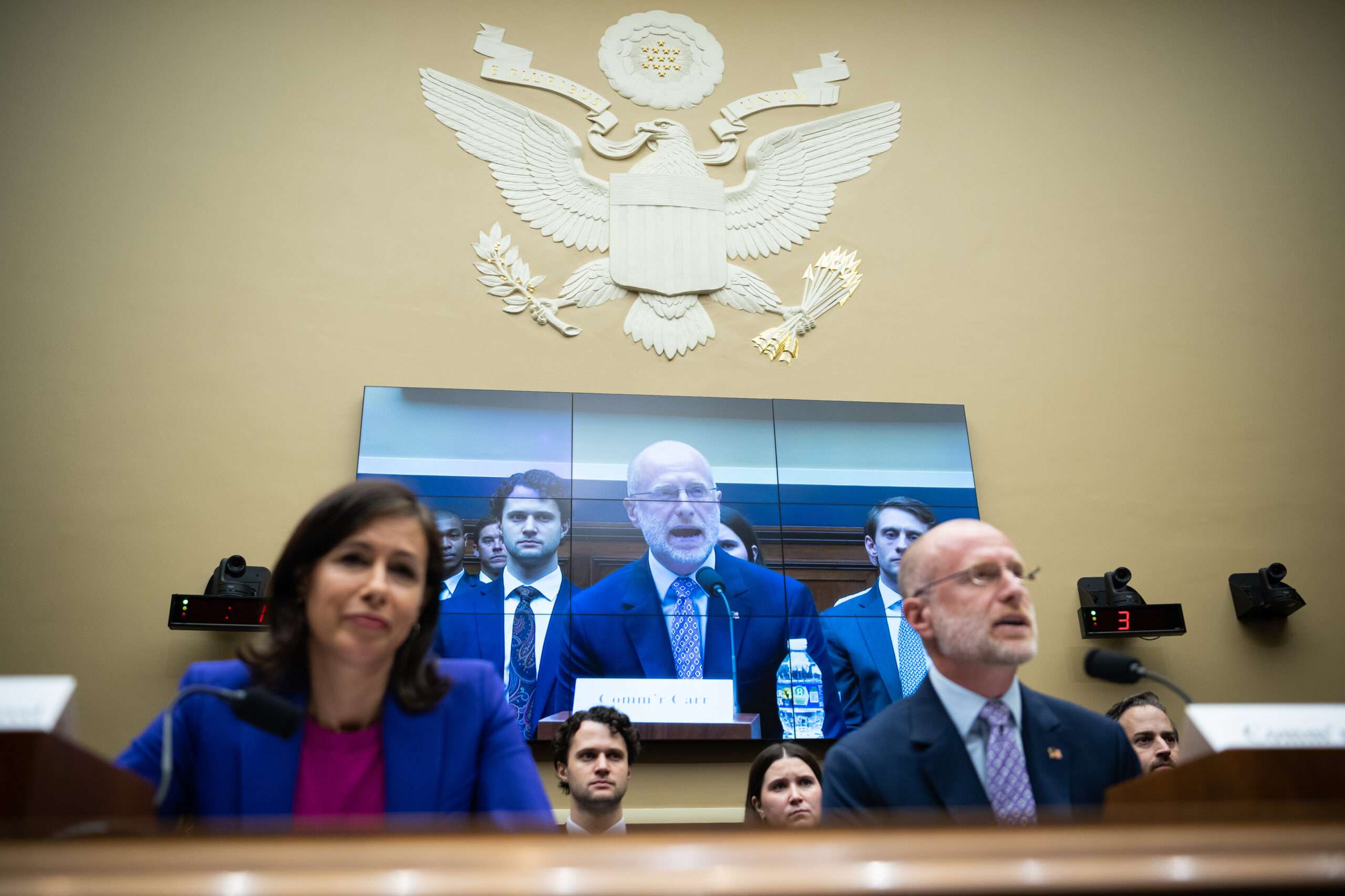
In fact, Trump has long called for punitive measures against CBS, and the current investigation aligns with those demands, though Carr insisted the probe is grounded in statute, not politics.
Carr said, “It’s a penalty that’s in the Communications Act,” distancing the action from the more aggressive language often used by the administration. The Communications Act does provide mechanisms for reviewing licenses and penalizing license holders found to have violated their obligation to serve the public interest, which includes a prohibition on intentional news distortion.
The FCC’s involvement with CBS is also occurring at a time when the broadcaster’s parent company, Paramount, is undergoing regulatory review for a proposed merger with Skydance Media.
While critics have linked the investigations to political pressure from the White House, Carr pushed back on those claims, saying the “60 Minutes” inquiry is separate from the merger proceedings and should be evaluated independently.
Nonetheless, the overlapping timing has raised questions among media watchdogs and lawmakers who view the recent surge in FCC activity against national networks as politically motivated.
The scrutiny has also extended to other broadcasters. Carr previously accused NBC of misleading viewers by referring to Kilmar Armando Abrego as a “Maryland man” in its reporting.
That characterization, he argued, distorted public understanding of the individual’s background and legal circumstances. He said on X, “Comcast knows that federal law requires its licensed operations to serve the public interest.
News distortion doesn’t cut it.” The post was one of several recent messages from Carr that underscore a more aggressive tone from the FCC since the change in presidential leadership.
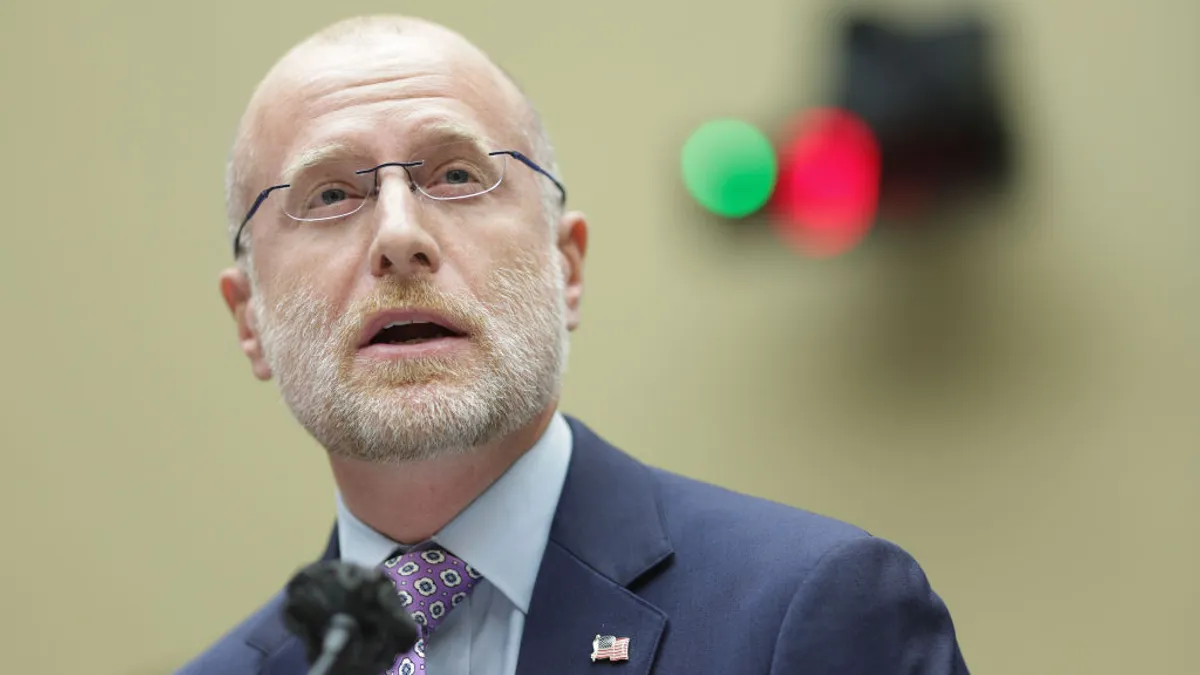
In defending the revived complaints, Carr said that many local stations have privately expressed frustration with the influence of national network programmers, saying they feel constrained in how they can report on issues that matter most to their communities.
He said the FCC’s actions aim to give more autonomy to local broadcasters and ensure they are not bound by editorial mandates from network headquarters.
He said, “The relationships that they have with the national programmers have been really constrained, so that’s an issue that we’re looking at.” Carr’s broader message on Monday emphasized a need to restore editorial independence to local stations while holding larger entities accountable when they allegedly compromise public trust.
Yet Carr did not explain how revoking or threatening to revoke licenses would empower local stations under affiliate agreements, which allow them to air network programming while still operating under their own licenses.
Under FCC rules, licenses for local stations are granted for eight-year terms, and the revocation of such licenses is extremely rare. It has been decades since the FCC last pulled a license, a fact Carr acknowledged, noting, “That’s part of the issue.”
In his view, the FCC’s limited history of enforcement has emboldened some networks to test boundaries in their editorial content without fear of regulatory consequences. Critics, however, argue that license reviews based on content disputes blur the line between enforcement and censorship, particularly when initiated under the shadow of partisan pressure.
The original complaint against CBS was filed by a pro-Trump group that alleged news distortion in the “60 Minutes” interview with Harris. That complaint, along with separate filings against NBC and Fox News, was dismissed earlier this year by then FCC Chair Jessica Rosenworcel before she resigned.

Within days of Trump’s return to the presidency, Carr reinstated the complaints against CBS and NBC while leaving out the one involving Fox News. The rapid reinstatement of the investigations has added to the perception among some that the FCC is being used to advance political grievances, a charge Carr has denied.
He maintains that the agency is simply following legal procedures outlined in federal law and is committed to ensuring broadcasters adhere to their public service obligations.
As the FCC proceeds with its investigations, the political landscape around media regulation is growing increasingly volatile. Trump has escalated his public campaign against the networks, often accusing them of spreading falsehoods and failing to provide fair coverage.
At recent rallies and events, he has called for networks like CBS and NBC to face consequences for what he describes as repeated violations of journalistic integrity.
His criticism has included demands that the networks be “held accountable” for allegedly misleading the public and perpetuating narratives that, in his view, undermine his presidency.
These statements have been echoed by several figures within the administration who argue that legacy media institutions have abused their power and lost credibility with the American public.
The implications of the FCC’s recent actions are being watched closely by legal experts, media companies, and press freedom advocates, who warn that the government’s power over broadcast licenses should not be used to retaliate against editorial content.
They argue that even if couched as enforcement of existing law, the sudden revival of politically charged complaints creates a chilling effect that may cause broadcasters to self-censor or avoid stories that could provoke regulatory scrutiny.
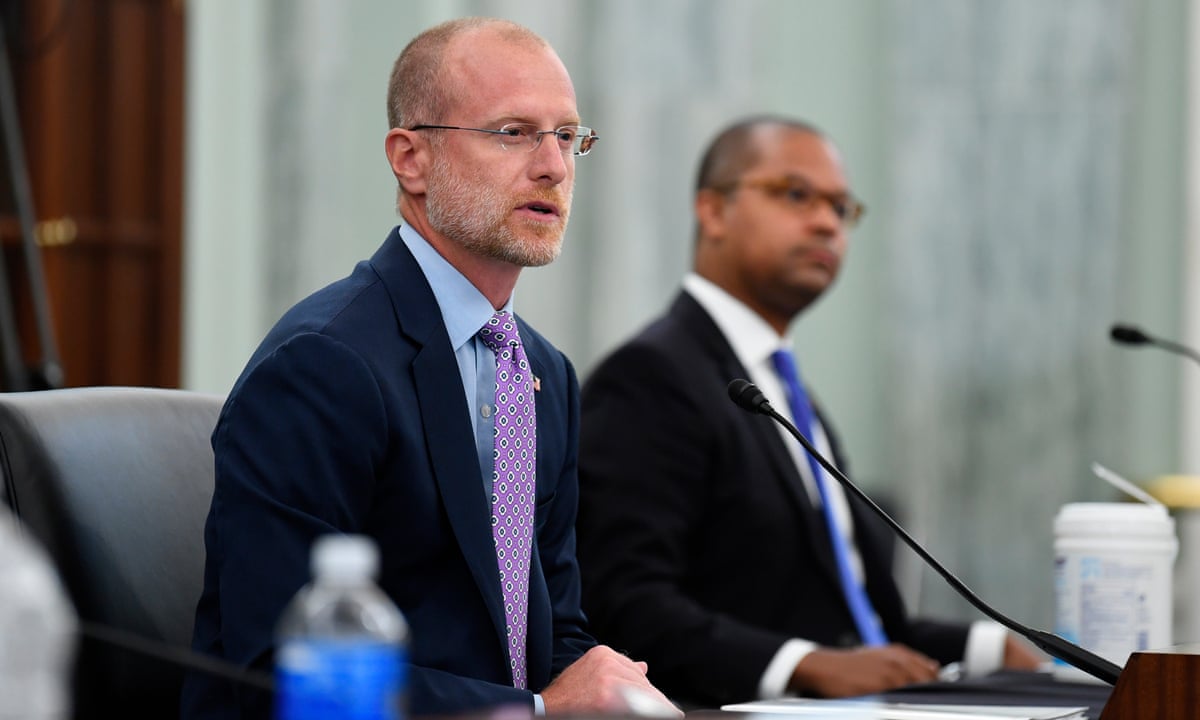
The debate over the FCC’s role in adjudicating claims of news distortion is likely to intensify as the investigations progress and as more public officials weigh in.
Meanwhile, the merger between Paramount and Skydance remains under review. Carr said that the merger and the license investigations are being handled separately and that no decision on either matter should be interpreted as influencing the other.
Still, the convergence of high-profile regulatory actions and public criticism from the president has placed CBS and its parent company in an especially vulnerable position. Carr’s assurances that these are independent legal proceedings have done little to quiet concerns about the broader environment in which these decisions are being made.
Whether the FCC will ultimately take the unprecedented step of revoking a broadcast license remains unclear. For now, Carr’s message is that broadcasters must take their public interest obligations seriously and that penalties for failing to meet those standards are real and enforceable.
Whether that message is rooted in legal principle or political strategy is a question that continues to divide observers and shape the evolving debate over media, power, and accountability in the United States.
